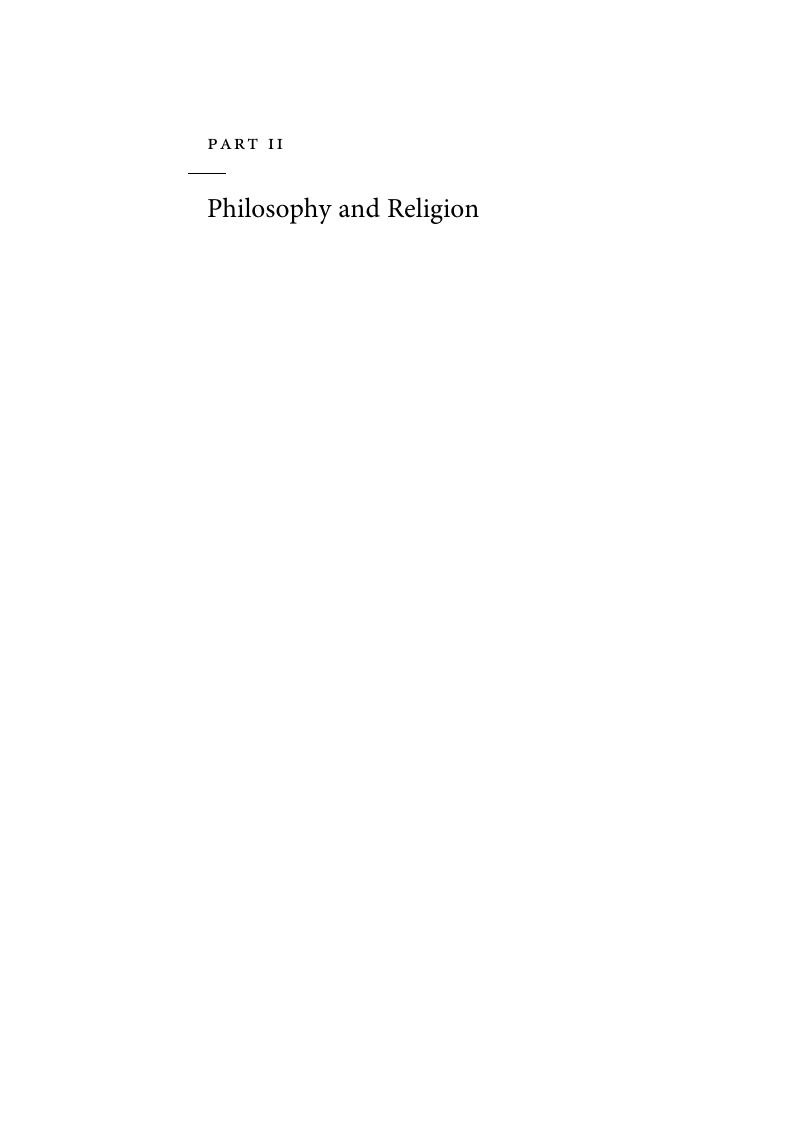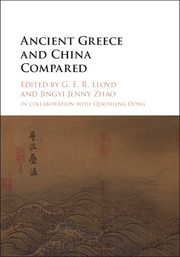Book contents
- Ancient Greece and China Compared
- Ancient Greece and China Compared
- Copyright page
- Contents
- Figures
- Acknowledgements
- Notes on Editions
- Contributors
- Introduction: Methods, Problems and Prospects
- Part I Methodological Issues and Goals
- Part II Philosophy and Religion
- Part III Art and Literature
- Part IV Mathematics and Life Sciences
- Part V Agriculture, Planning and Institutions
- Afterword
- Index
- References
Part II - Philosophy and Religion
Published online by Cambridge University Press: 21 December 2017
- Ancient Greece and China Compared
- Ancient Greece and China Compared
- Copyright page
- Contents
- Figures
- Acknowledgements
- Notes on Editions
- Contributors
- Introduction: Methods, Problems and Prospects
- Part I Methodological Issues and Goals
- Part II Philosophy and Religion
- Part III Art and Literature
- Part IV Mathematics and Life Sciences
- Part V Agriculture, Planning and Institutions
- Afterword
- Index
- References
Summary

- Type
- Chapter
- Information
- Ancient Greece and China Compared , pp. 81 - 186Publisher: Cambridge University PressPrint publication year: 2018
References
References
Bibliography
Bibliography
Bibliography
References to the early Chinese primary texts are to the Ancient Chinese Text Concordance Series, Institute of Chinese Studies, Chinese University of Hong Kong (cited as ICS) and the Sibu beiyao editions (cited as SBBY).

